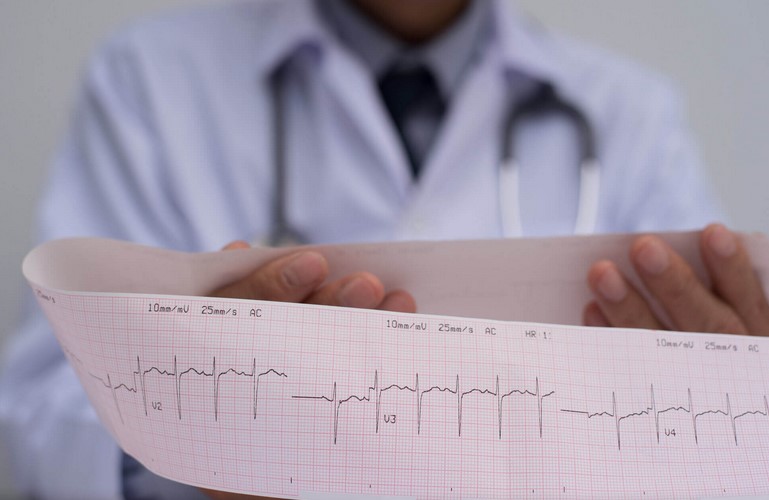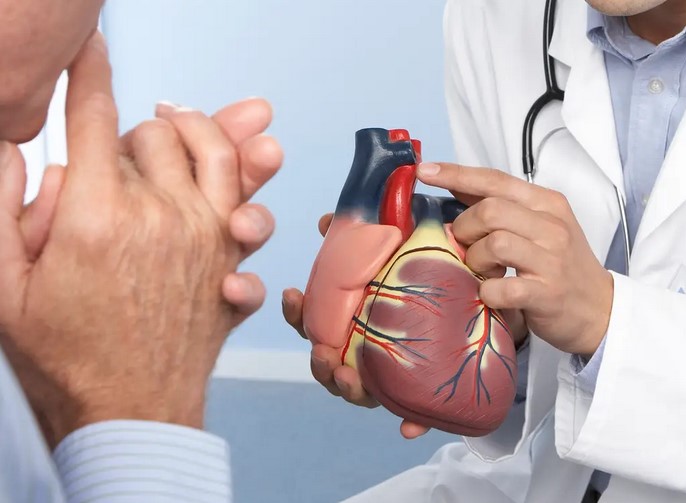How Long Does It Take to Become a Cardiologist?
Before you begin your journey to become a cardiologist, you may be wondering how long it takes to become one. After all, it takes a lot of time and effort to complete a doctorate degree. The good news is that becoming a cardiologist can be a very rewarding career choice. In this article, we’ll discuss the path to becoming a cardiologist, from earning your Bachelor’s degree to completing a fellowship program.
The time spent to become a cardiologist can be extensive. in fact, it can take 14 years or more to become a cardiologist. But it is well worth the time spent. The reward is a fulfilling and high-demand career treating the body’s most vital organ.

Bachelor’s degree
Before pursuing a career in cardiology, prospective students must complete a Bachelor’s degree in a science or health-related field. These programs typically take four years to complete. They include prerequisite courses, such as pre -medical courses, that are geared toward the future physician. The undergraduate curriculum focuses on the sciences and math, and students must perform well in these areas to increase their chances of being accepted into medical school.
Graduates of these programs will need to take a residency to train as a cardiologist. This program is considered one of the most competitive within the field of internal medicine. The program requires a total of six years of residency training to become a board-certified cardiologist. Once the trainee has completed this residency, they will be eligible to sit for a board-certified exam administered by the American Board of Internal Medicine.
Doctoral degree
If you’re interested in pursuing a career in the field of medicine, a Doctoral degree in physiology or a Master’s degree in physiology may be the right choice for you. Cardiologists deal with patients who suffer from complex heart failure and disease, often working closely with surgeons. In some cases, they perform surgical procedures like heart transplants or artificial heart devices. Cardiologists can obtain advanced certification through the American Board of Internal Medicine. However, you must complete continuing education requirements throughout your career and take periodic certification exams every 10 years.
The Doctoral degree program is typically four years long, and involves rigorous coursework and practical training. Medical school students study pharmacology, anatomy, physiology, and psychology. They also practice the art of interviewing patients and diagnosing illnesses. Clinical rotations are an essential part of medical school, and they give students practical experience in a clinical environment. During the internship, students may also get valuable hands-on experience in a hospital setting.

Cardiology fellowship program
The first year of the fellowship program is dedicated to building a solid foundation in clinical cardiology. Fellows participate in rotations in cardiac neonatal and pediatric ICUs, echocardiography, and cardiac catheterization. During their second year of training, they assume increasing clinical responsibilities. They focus on advanced patient management and advanced imaging techniques. The third year of training is devoted to research. Fellows still participate in different clinical services and have more opportunities for tailored clinical activities.
The road to becoming a cardiologist is long and difficult, but the rewards are substantial. A cardiologist will spend countless hours caring for patients. It is also vital to establish connections with faculty and demonstrate a genuine interest in the field. Most people begin applying for fellowships in their third year of medical school, and often learn about them only after half way through their training.
More than likely, most people thinking of going into cardiology will know that it is a long road to the end. However, what is not taught in undergraduate courses are the challenges and pitfalls that await them in cardiology training. It takes more than just knowledge of anatomy and heart physiology to be successful in a career as a cardiologist. One needs more than book smarts, and you’ll find out what else it takes in the following list.
